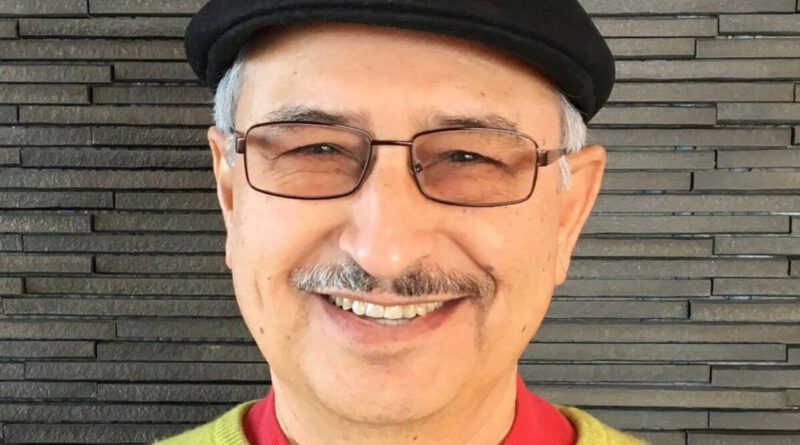Wake up with the sun, eat by sunset, don’t hit the gym after dark

He had none of the sins of indulgence to begin with. Lalit Kapoor was a conscious athlete and sportsperson and as a table tennis champion at IIT Kanpur, he would be on a regulated and body-building diet plan. He continued with his discipline even when he went to the US and was one of the first-movers of the tech boom, setting up companies specializing in IT services. So when he was diagnosed with lymphoma in 1981, it not only came as a shock but a brutal reality check.
“Though I recovered after radiation and chemo therapies, my immunity was compromised. And by the time I retired in 2005, I had developed hypertension, gout, diabetes, hypothyroidism, osteoarthritis, obesity, sleep apnea and had two surgeries. By 2012, I started looking for alternative lifestyles so that I could manage my conditions and feel better,” says Kapoor, who by then had interacted with teachers at Chinmaya Mission and found how one of them had steel cut and not rolled oats for breakfast. The documentary “Forks over Knives” convinced him to give up processed food altogether and incorporating these two changes helped him drop the kilos and swing back to his normal body weight. He bought a vegetable juicer, turned to plant foods, especially leafy greens, gave up animal protein and dairy. He devoted days and months to researching the work of Nobel Prize winners, attended online workshops by Johns Hopkins and other med school experts to understand the science of food and how the body can stay healthy in sync with Nature. He internalised each of those findings in the way he lived and ate. “Slowly and steadily, my hypertension came down, my sugar levels stayed under, and my chronic aches and pains were gone,” says Kapoor, who has now turned a diet and lifestyle coach on reversing chronic illnesses.
He began sharing his experiences, grounding them in logic, with his alumni groups on messaging platforms. Some of them started practising his regime and reported success. “The numbers grew and soon I began doing these educative workshops on understanding what your body needs, what it doesn’t and how most of our chronic diseases like Type 2 diabetes are brought on by poor diet and lifestyle choices. Amend them and like me, you too would not need to be dependent on medicines. You can actually wean yourself away from them,” says the former entrepreneur.
Why we can do without animal protein
Kapoor chanced upon a study conducted by Dr C Gopalan and Dr Madhavan Nair of the National Institute of Nutrition, called “The effect of dietary protein on carcinogenesis of aflatoxin.” Aflatoxin is a carcinogen that lab rats were exposed to in the study. They were then divided into two groups — one was fed five per cent casein while the other was fed 20 per cent. At the end of the study, rats fed 20 per cent casein had many cancerous growths and tumors. But those on five per cent casein either did not have any cancerous growth or had milder ones. However, nutritional biochemist Dr Colin Campbell referenced this study and found that plant-based protein could work to make up for extreme deficiencies and still lower the chances of disease occurrence. “The protein in mother’s milk (1.1–1.2 g/100 mL) is enough for a new-born child. In fact, we do not need as much milk when we grow up. Yet we have loaded up on animal protein as we progressed in life and have almost doubled our milk consumption over the last 50 years or so,” says Kapoor. Humans, he says, have evolved to be standing and walking for 12 to 14 hours. And plant whole foods can make you energetic enough at any age. Get rid of refined sugar and oil and junk processed food and supplements.

